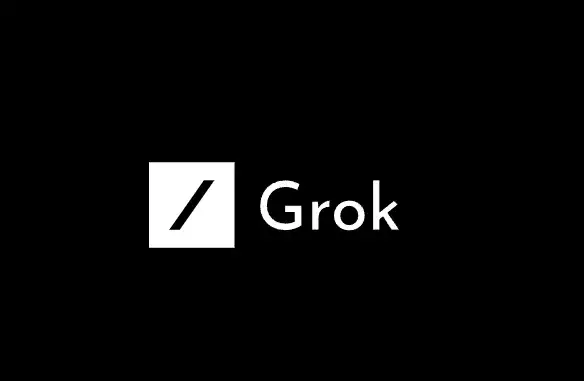The long-anticipated launch of Elon Musk’s Grok AI chatbot has finally arrived, opening up previously exclusive access that was once limited to a select group of X Premium subscribers. Though it’s a notable step forward in the integration of artificial intelligence within social media platforms, the broader implications of this introduction remain questionable. Grok allows users to ask a multitude of questions, generate images—improved through X’s recent Aurora integration—analyze posts for context, and even produce snarky comebacks in “Unhinged Fun” mode. However, this excitement raises a critical question: Do AI chatbots have a lasting role in the realm of social media?
The infusion of generative AI into social media is not confined to Grok alone. Other tech giants like Meta have saturated their platforms with AI features, while LinkedIn has integrated AI enhancements intended to streamline posting processes. Such expansions raise an essential discussion about the fundamental nature of social interaction in digital spaces. At their essence, social media platforms aim to create spaces for genuine human connection. However, reliance on AI to generate posts and responses blurs the lines of what genuinely constitutes ‘social interaction.’
Utilizing AI to craft and curate messages meant for human consumption seems counterproductive to the democratizing ideal that social media has promoted thus far. Instead of fostering organic dialogue, these AI interventions risk transforming social platforms into automated echoes that undermine the individual agency of users. Are we merely setting the stage for a more superficial form of interaction where authenticity and personal expression are sacrificed for convenience?
Is the growing sentiment that generative AI is merely a passing trend gaining traction? While it is undeniable that AI has the potential to enhance various workflows—such as legal research, where it can streamline case analysis—the utility for average social media users may not be as expansive. It’s essential to approach the value of generative AI from a realistic standpoint. Yes, AI can assist professionals by providing alternative perspectives and expediting research processes, but its function remains largely supportive rather than transformative. An untrained individual won’t suddenly become proficient in law just because AI offers them a refined analysis of legal occurrences. Expertise and critical thinking are irreplaceable.
The pervasive hype that artificial general intelligence (AGI) is merely around the corner is misleading. Current AI technologies serve as advanced computational tools, but they have yet to achieve autonomous reasoning or creative thought. Thus, while the conversation around AI suggests imminent radical shifts in employment and productivity, the reality is far more nuanced. Most applications of AI are not designed to replace humans but to augment their capabilities.
Beyond the Novelty: Grok’s Place in Social Dynamics
When evaluating Grok’s potential significance within the X platform, it’s crucial to consider its practical applications against a backdrop of user engagement. Sure, Grok presents intriguing possibilities such as analyzing trends or providing insights into user behavior. Still, these features may cater primarily to niche markets rather than the common user. The majority of people may not find sufficient value in AI-generated interactions, particularly when they are seeking authentic engagement rather than automated conversations.
Moreover, as social media evolves, the introduction of AI chatbots does not necessarily equate to a richer user experience. The reality is that these innovations could foster increased disengagement rather than connection. How often do users genuinely desire to engage with bots, rather than real people? The automation of social interactions is not likely to resonate with users who prioritize authentic connections over novelty uses. Bots are often perceived as a nuisance on these platforms—reducing meaningful dialogue to a series of interactions that lack soul.
In the end, while Grok’s availability is undeniably a significant addition to social media, the sustainability of its impact remains an open debate. The concept of enhancing digital interactions through AI raises crucial questions about authenticity, engagement, and the very nature of social connection. The excitement surrounding such innovations may eventually give way to a realization that the very essence of social media lies in its ability to unite individuals through shared experiences and perspectives.
As we continue to explore the gritty realities of digital communication, it becomes increasingly clear: users might care less about conversing with algorithms and more about maximizing genuine human interactions. The promise of AI is vast, but its integration into social media must be approached with caution to ensure it enhances rather than detracts from the essential human experience.


Leave a Reply